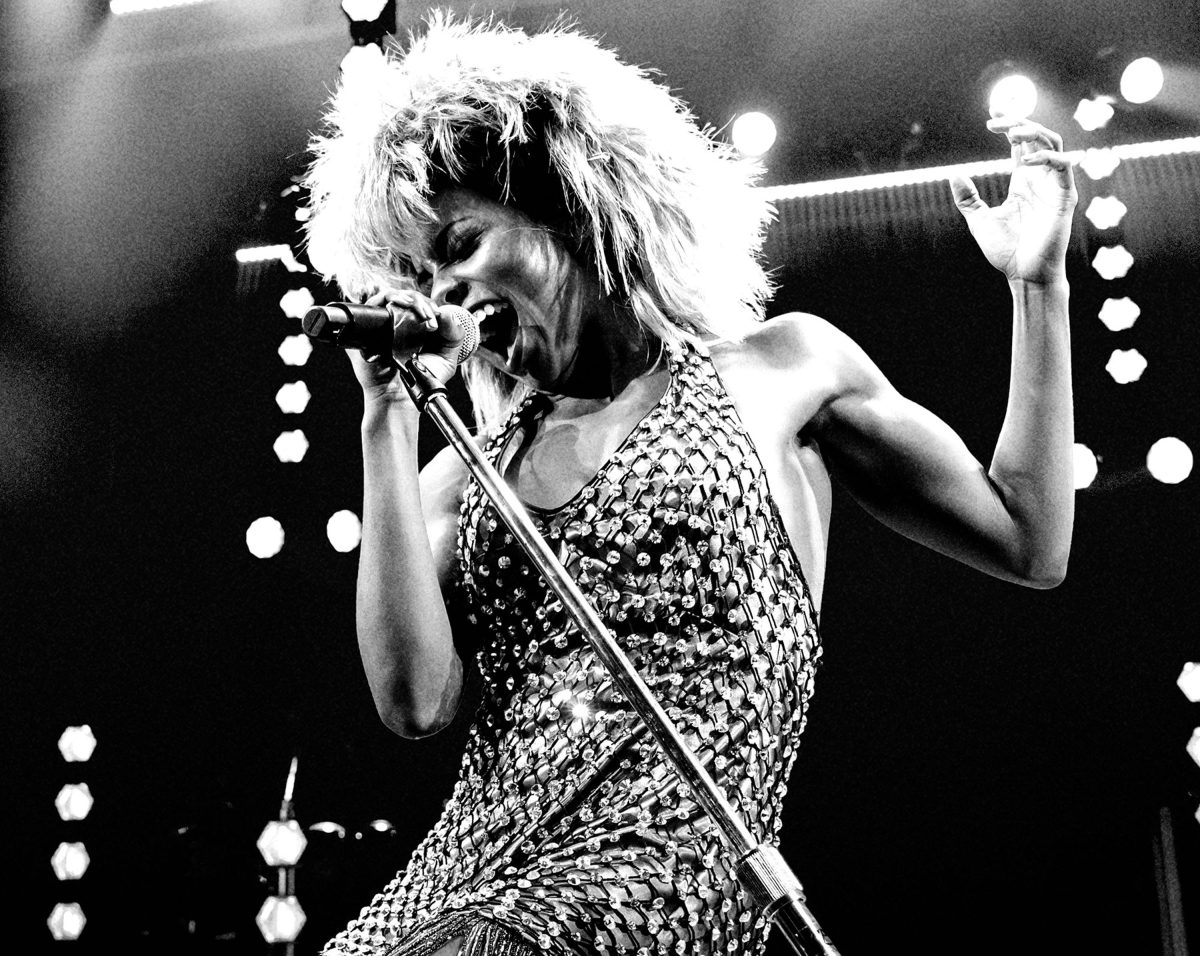To say that Adrienne Warren convincingly plays Tina Turner – or even that she effectively replicates Turner’s distinctively smoky singing voice – is a gross understatement.
Rather, Warren (a Tony nominee for “Shuffle Along”) slowly and meticulously transforms into the iconic Queen of Rock ‘n’ Roll in “Tina: The Tina Turner Musical,” the latest in the never-ending line of formulaic, self-worshipping, biographical, jukebox musicals to come to Broadway. Given that the 79-year-old Turner is credited as an executive producer, it can be assumed that the show has her personal seal of approval.
The book — credited primarily to playwright Katori Hall, “The Mountaintop” — is similar its retelling of Turner’s tumultuous life story to the 1986 autobiography “I Tina” and the 1993 film “What’s Love Got to Do with It” starring Angela Bassett. Framed around a 1988 concert in Brazil, it depicts Turner’s journey from country girl (originally named Anna Mae Bullock) to abused wife and mother to struggling performer to international music star.
Directed by Phyllida Lloyd, who more or less launched the jukebox musical phenomenon with “Mamma Mia!”, the production is related muted, with emphasis placed on the character drama. The ensemble does little besides adding back-up singing and functions like window dressing. The full expanse of the stage is also concealed until the very end.
The book scenes are straightforward but often overwrought and long-winded, resulting in an inflated running time. Hall highlights the racism and sexism endured by Turner – as well as the physical and emotional abuse that she suffered during her years as the professional partner and spouse of Ike Turner (a flashy and restless Daniel J. Watts). Many moments are brutal and uncomfortable to watch.
The biggest problem faced by “Tina” involves its awkward attempt to integrate roughly two dozen rock and R&B songs by different authors (including “Proud Mary,” “Private Dancer” and “What’s Love Got to Do with It”) into a narrative framework. “Nutbush City Limits” is the only hit song written by Turner herself.
“Tina” springs to life whenever its lead character sings in a performative context, such as onstage or in a recording studio. These are the times when Warren’s Turner gets fired up, unleashes herself physically and vocally and morphs into a genuine superstar. (For the record, Warren only performs as Turner six times a week, with Nkeki Obi-Melekwe handling the matinees.)
The show ends with an extended concert sequence, which also proves to be its major highlight. It’s as if the first two and a half hours were just a lead up to a triumphant celebratory curtain call and mega-medley.
On a final note, does it really require the full title of “Tina: The Tina Turner Musical?” Is it going to be confused with “Tina: The Tina Fey Musical” or “Tina: The Tina Louise Musical?”
2.5 stars
“Tina: The Tina Turner Musical” plays an open run at the Lunt-Fontanne Theatre. 205 W. 46th St., tinaonbroadway.com.

































